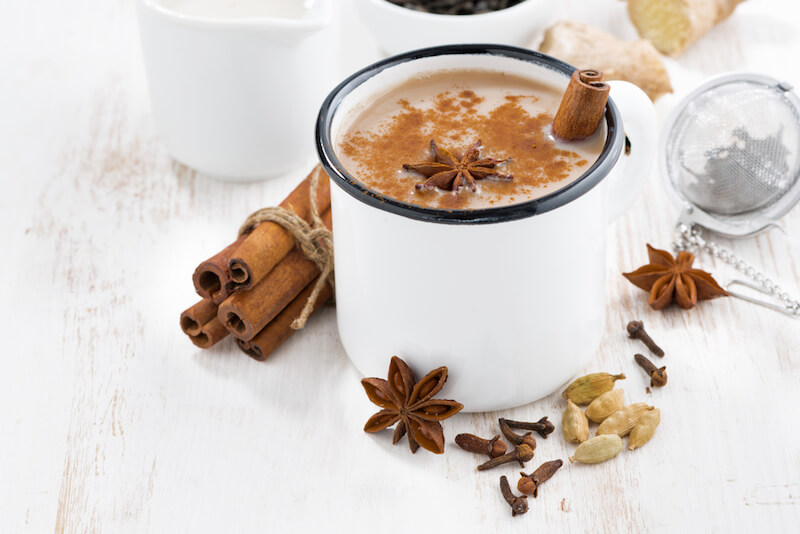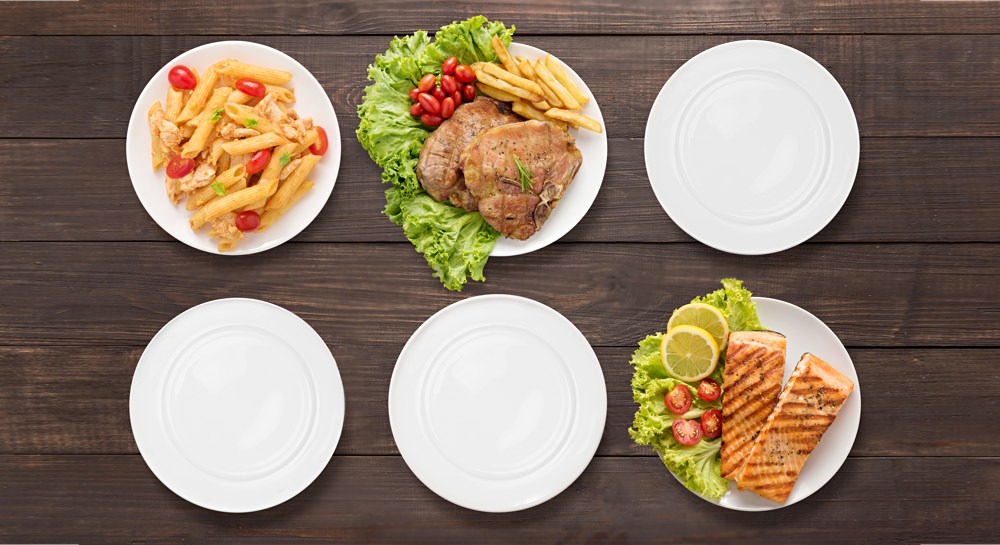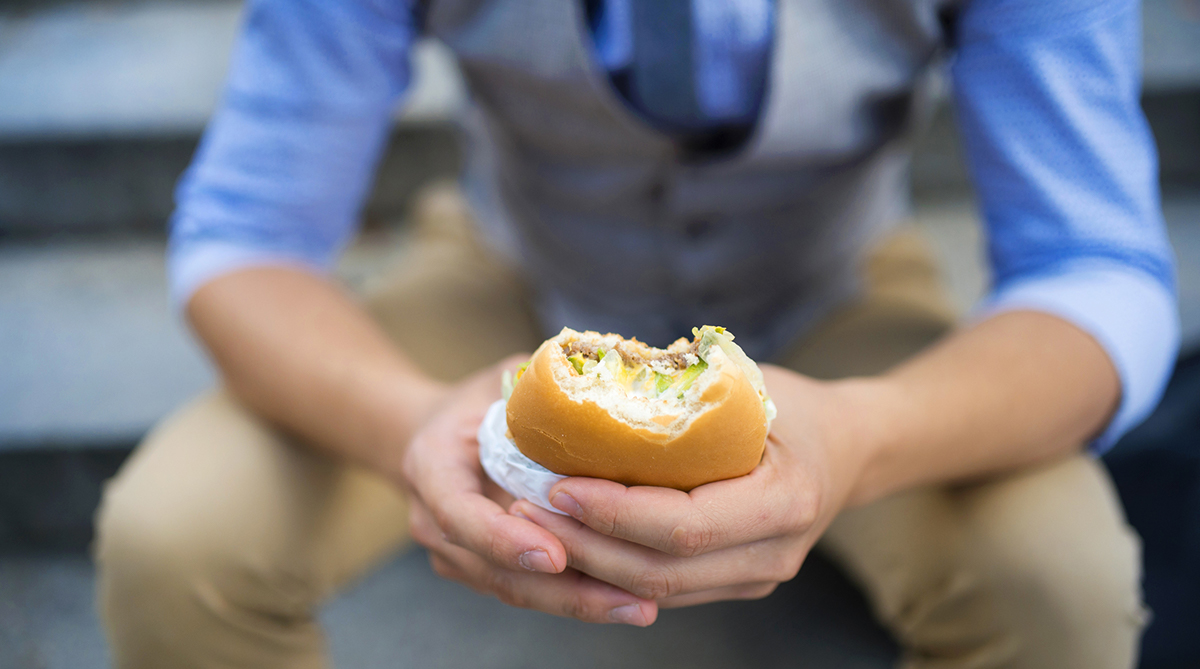Here’s Why You Should Drink Chai Tea
If you love Indian cuisine or are familiar with it, chances are you’ve heard about chai. A spiced tea sweetened and mixed with milk, chai originated from India nearly 2,500 years ago because of trading with China. Chai actually refers to the Sanskrit and Hindi word for “tea,” so saying “chai tea” is actually redundant.
But whether you call it chai tea or simply chai, this drink’s potential impacts to your health and well-being deserve to be recognized. In this article, you’ll learn valuable facts about chai tea, such as what spices are in this drink, the health benefits you can get from it and the ways you can prepare it at home.
What Is Chai Tea?
A fragrant, sweet and spicy tea, chai, or masala chai as it’s called in India, is made of a combination of black tea, milk, ginger and other spices such as:
Today, chai is rising in popularity in Western countries, and is sold in cafes and restaurants. However, you can make your own chai tea using premixed tea bags, a store-bought concentrate or even from scratch.
Is Chai Tea Good for You?
Traditional chai tea does contain caffeine, with an 8-ounce serving expected to have around 25 milligrams (mg). However, there are decaffeinated options available. Generally, chai tea’s caffeine content depends on the type of tea used for preparation. Black tea, commonly used to prepare chai, contains between 40 and 120 mg of caffeine, while decaffeinated black tea has between 2 and 10 mg of caffeine per cup of chai tea.How Much Caffeine Does Chai Tea Have?
How to Make Chai Tea
Chai tea is brewed using both warm water and warm milk. In some cases, chai tea can be sweetened to varying degrees. Chai latte, made by blending a shot of chai tea concentrate with steamed dairy or nondairy milk, is a very popular way people enjoy chai tea nowadays.
As much as possible, prepare chai tea or chai tea latte from scratch. Some drinks served in cafes or restaurants are loaded with sweeteners that can negate chai tea’s positive effects. Use safe sweeteners like raw honey, Stevia or Luo Han, and instead of conventional milk, opt for raw, grass fed milk, or coconut milk if your stomach can’t handle dairy products.
Chai Tea Recipes to Try
If you’re interested in making homemade chai tea, use this recipe as a guide:
Homemade Chai TeaIngredients
- 1/2 teaspoon ground ginger
- 1 teaspoon ground cinnamon
- 2 whole cloves
- 1/2 teaspoon ground cardamom
- 1/2 teaspoon ground nutmeg
- 1/2 teaspoon ground allspice
- 2 black tea bags
- 2 tablespoons raw honey, Stevia or Luo Han
Procedure:
- In a medium-sized saucepan, bring the water and spices to a boil. Whisk the spices in the water. Once the water reaches a boil, turn off the heat and allow the spices to steep in the water for five minutes. Afterwards, turn the heat back on and add the black tea bag and sweetener of your choice.
- Return to a slight boil (the goal is a hot liquid for steeping). Once boiling, turn off the heat. Allow the tea bags to steep in the water and spices for five minutes. Afterwards, remove the tea bags and strain the tea through a fine mesh strainer.
- Store the leftover chai tea in the refrigerator – it can stay fresh for up to two weeks.
This recipe makes 4 cups.
Want to know how you can make a delicious and warm chai tea latte or iced chai tea latte? Here’s a simple step-by-step guide:
- Brew some chai tea following the instructions above.
- Froth the milk of your choice by shaking in a jar or whisking vigorously over medium-high heat. If you’re using coconut milk instead of dairy milk, use an immersion blender to froth the milk before heating.
- Heat milk in a small saucepan over low heat until warm.
- Fill half a cup with the warm tea base, add half a cup of warmed milk and stir to continue. Top off the drink with milk froth.
Drink chai tea after a heavy meal to help support digestion, or have a homemade chai tea latte during the day as a healthy replacement for sugar-loaded sodas, energy drinks and/or fruit juices.
How to Store Chai Tea
In general, teas can become stale and lose its flavor the longer it sits on your cupboard or drawer. Consume tea within a few months of purchase in order to maximize its freshness and flavor profile. Here’s a list of things to remember when buying tea:
Tea’s shelf life depends on factors such as the best before date, preparation method and how it was stored. Unopened and packaged tea can last for around a year before the “best by” date stated on the package. Dry tea leaves can last for a long time, but as mentioned earlier, the longer the leaves are kept, the higher the possibility that the flavor will be lost.
On the other hand, if you’ve prepared tea in advance, it can last in the refrigerator for three to five days. Count on your senses as well to see if your tea has gone bad. If the pleasant aroma is gone, this means that that the tea isn’t as flavorful anymore.
Side Effects of Chai Tea
Moderate intake of chai tea is recommended because if caffeine is consumed in excess, it can trigger side effects such as anxiety and high blood pressure levels, and affect the quality of your sleep. Meanwhile, drinking chai tea must be very limited or avoided during pregnancy, because high amounts of caffeine can increase the risk for miscarriage and/or low birth weight.
People prone to low blood pressure or blood sugar levels must be careful when drinking chai tea, because the ginger can lower the body’s levels of this substance further. People taking blood-thinning medicines are also advised to reduce their chai intake because ginger can increase the risk of bleeding. Lastly, people who are lactose intolerant may want to opt for chai tea that’s made with nondairy milk or only water.
Take Your Health to New Heights With Chai Tea
Whether you prefer calling it chai, chai tea or masala chai, this drink’s flavor and health benefits are more than enough to convince you that it’s a worthy replacement for unhealthy beverages. However, to ensure that you reap all the benefits chai tea has to offer, purchase high-quality and organic ingredients from highly reputable sources, and practice proper storage techniques so the tea doesn’t lose its flavor.
Source: Mercola
“Here’s Why You Should Drink Chai Tea” by:Dr. Mercola


